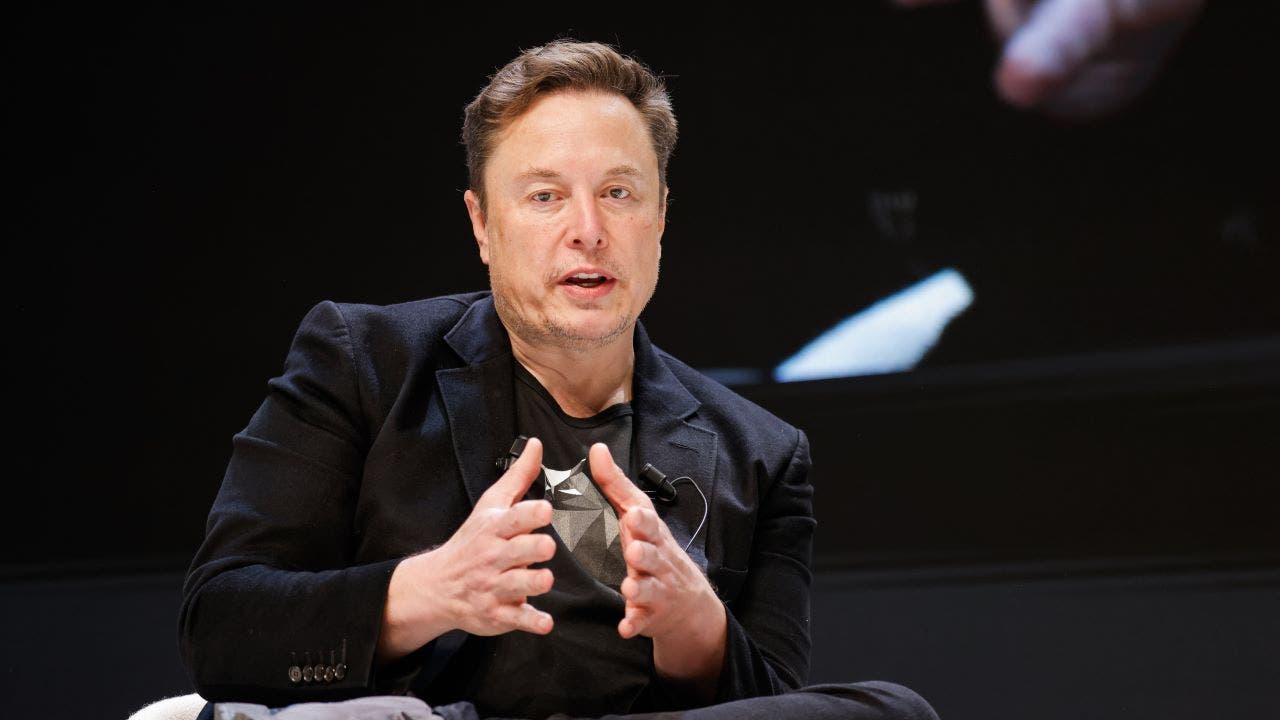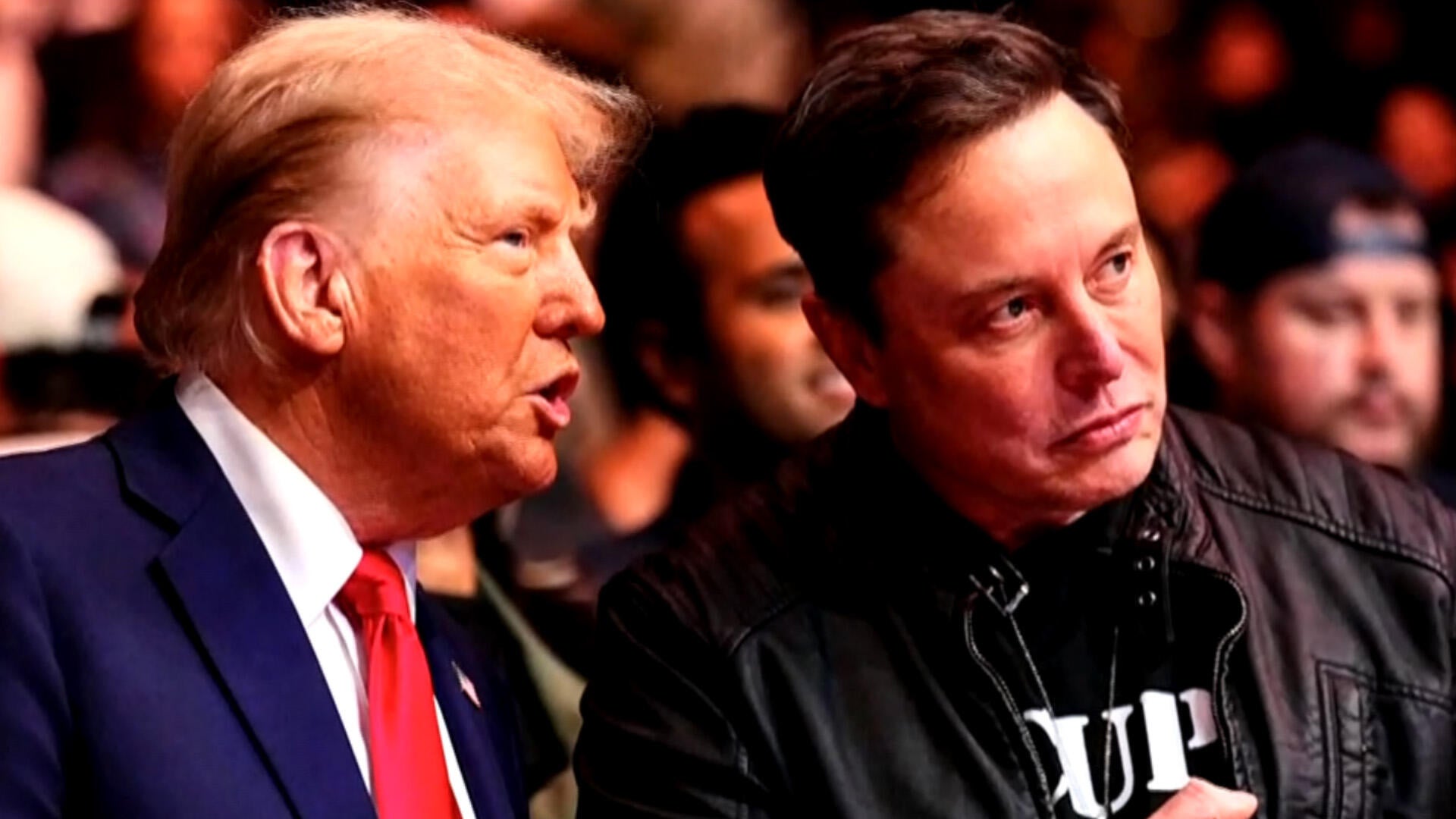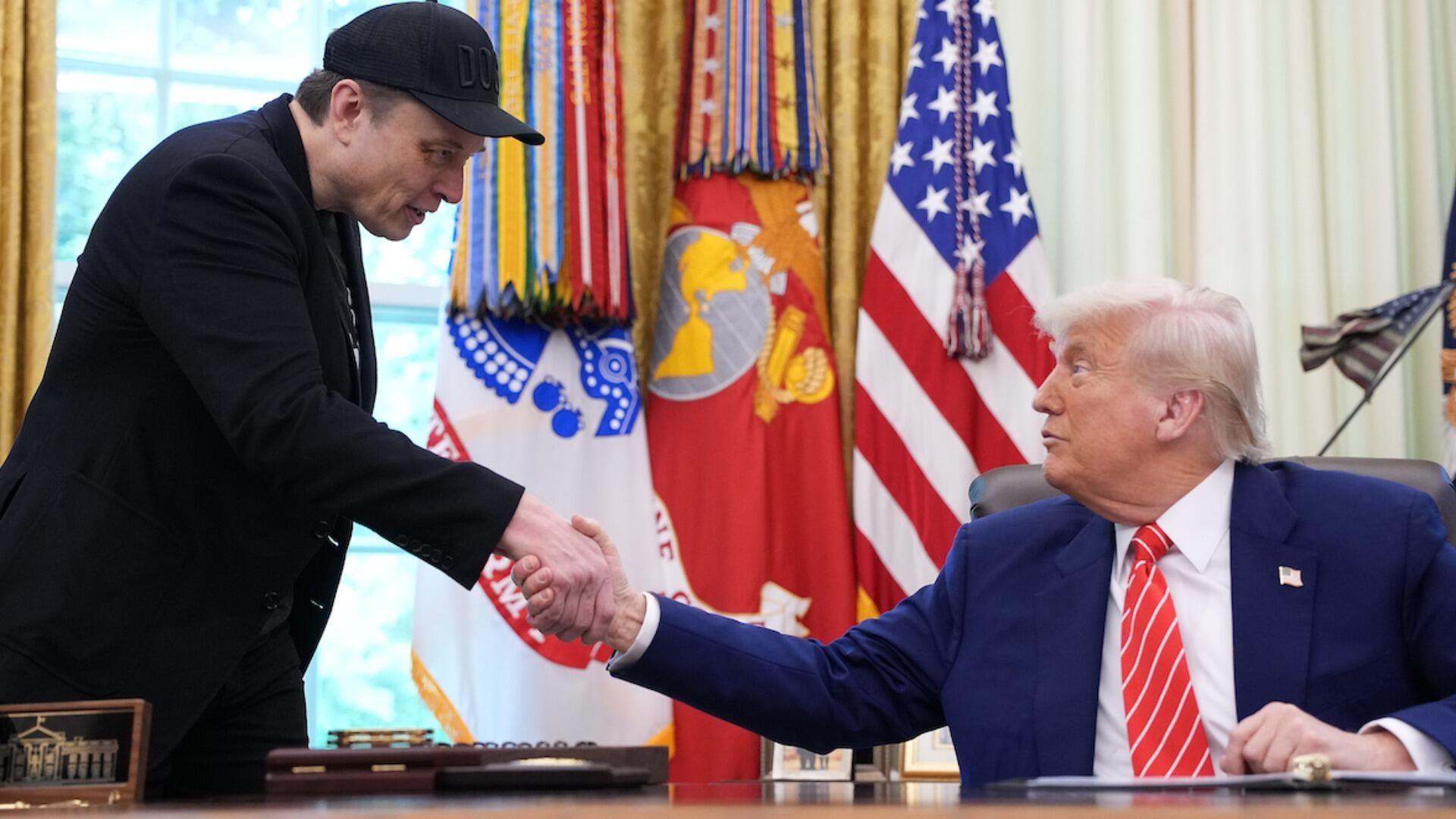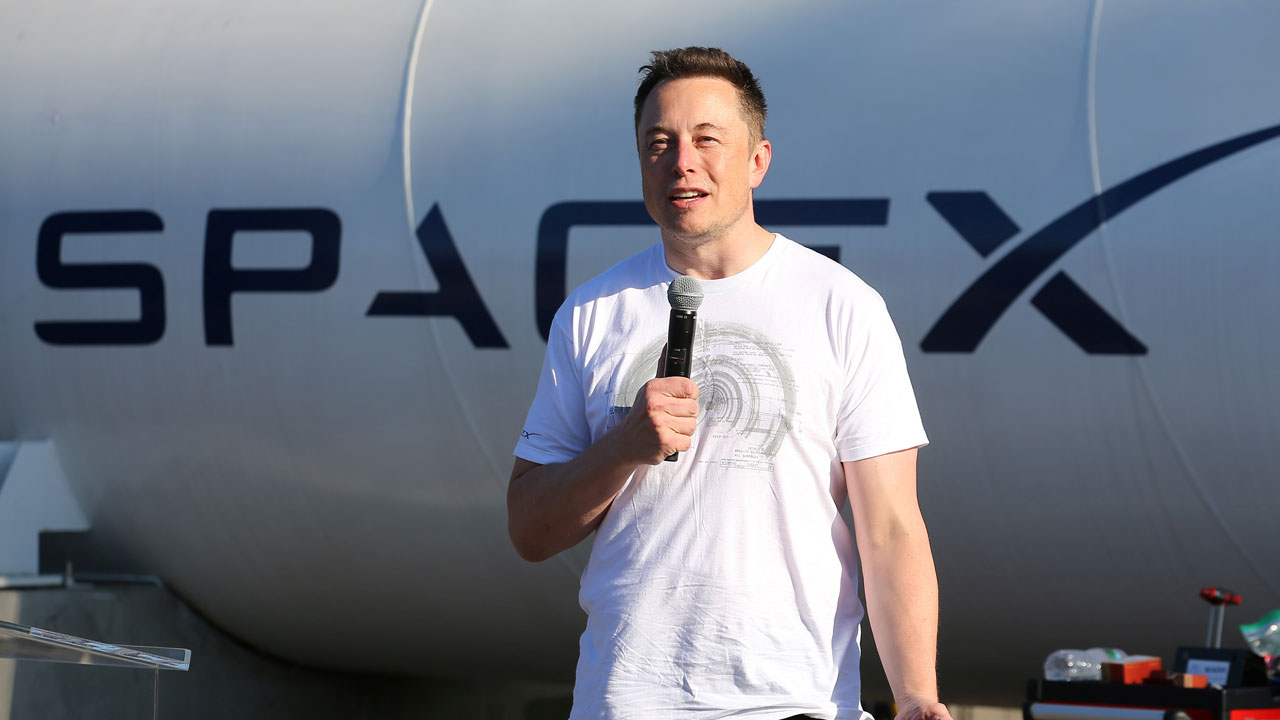
The escalating public feud between U.S. President Donald Trump and tech billionaire Elon Musk has entered a new, more intense chapter, with significant consequences for Musk’s flagship company, SpaceX. The tension between the two powerful figures has now sparked calls from influential political figures, such as former senior Trump advisor Steve Bannon, to take drastic actions that could see SpaceX either seized by the government or merged with NASA.
Amid these growing tensions, SpaceX’s plans to shut down its Dragon spacecraft program have added fuel to the fire, as the potential consequences for NASA’s access to space become apparent.

The feud between Trump and Musk began as a complicated but largely cordial relationship, but it has evolved into a bitter rivalry that has captured national attention. On Thursday evening, Steve Bannon, a prominent MAGA supporter and former Trump advisor, entered the fray, using his ‘War Room’ podcast to criticize Musk sharply.
The controversy erupted after Musk threatened to shut down SpaceX’s Dragon spacecraft program, which directly impacts NASA’s ability to access the International Space Station (ISS), a critical asset for U.S. space operations.
Musk’s social media posts on X (formerly Twitter) indicated that SpaceX would begin decommissioning its Dragon spacecraft program immediately. This was a direct threat to NASA’s operations, as the Dragon spacecraft is one of the primary vehicles used to ferry astronauts and cargo to the ISS.
The potential shutdown of this program would have left NASA with limited means of operating its missions, effectively cutting off the U.S. space agency's access to the ISS.
Musk’s threat came after President Trump floated the idea on his Truth Social platform of pulling government subsidies from Musk’s companies, including SpaceX and Tesla, in response to Musk’s controversial actions. While Musk later reversed his position, agreeing to "cool off" and delay the decommissioning of the spacecraft, the damage had already been done.
The mere act of Musk publicly considering shutting down the program ignited a firestorm of political backlash.

Bannon, furious at Musk’s threat, immediately called for retaliation. In a heated rant on his podcast, Bannon demanded that President Trump take swift action to reclaim control over SpaceX, suggesting that the President should use the Defense Production Act (DPA) to seize the company.
According to Bannon, Trump should sign an executive order calling for the immediate seizure of SpaceX, a move he described as both necessary and urgent.
The Defense Production Act, a Cold War-era law, grants the President significant authority in times of national emergency, particularly regarding the control of domestic industries. The act allows the President to direct private companies to prioritize government orders and allocate materials, services, and facilities for national defense purposes.
This could, in theory, be used to take control of private companies like SpaceX, especially if those companies are deemed critical to national security or defense operations.
Bannon’s call for the use of the DPA highlights the growing tensions surrounding Musk’s companies, particularly SpaceX, which has become an integral part of U.S. space operations. By threatening to shut down the Dragon spacecraft program, Musk not only angered Trump but also made clear the immense leverage he holds over NASA and U.S. space exploration efforts.

The Defense Production Act is an extraordinarily powerful tool that grants the President sweeping emergency powers. The act allows the President to take control of private companies and dictate their operations when national security or defense interests are at stake.
In this case, Bannon’s suggestion that Trump use the DPA to seize SpaceX raises serious questions about the limits of executive power in the private sector, particularly in industries as strategically important as space exploration.
If Trump were to invoke the DPA and seize control of SpaceX, the implications would be profound. SpaceX has rapidly become one of the most important players in the U.S. space industry, with its rockets and spacecraft providing crucial services to NASA, the U.S. military, and private companies.
A government takeover of SpaceX would effectively place the company under the control of the U.S. government, likely leading to a merger with NASA or some other form of government oversight.
A government seizure of SpaceX could also set a precedent for future government intervention in the private sector, particularly in industries that are deemed critical to national security. The question of whether such a move would be justified is a subject of heated debate, with some arguing that Musk’s behavior has made such drastic action necessary, while others see it as an overreach of government power.
The feud between Trump and Musk has taken an even more controversial turn, with Bannon calling for Musk’s deportation. During an interview with the New York Times, Bannon suggested that the Trump administration should launch an investigation into Musk’s immigration status, claiming that Musk could be an "illegal alien" and should be deported from the United States.
Bannon’s comments have raised eyebrows, with critics accusing him of politicizing the issue and targeting Musk based on his political views. However, Bannon, a key figure in Trump’s political orbit, has been adamant in his belief that Musk is a threat to U.S. national security.
According to Bannon, Musk’s actions, including his threats to shut down SpaceX’s critical programs, have placed him at odds with the interests of the American government, and his deportation would be a necessary step in protecting the country.
While the idea of deporting Musk may seem far-fetched, the ongoing tensions between the tech billionaire and the Trump administration suggest that Musk’s relationship with the U.S. government is becoming increasingly tenuous. The call for Musk’s deportation highlights the personal animosity that has developed between Musk and some of Trump’s supporters, who view his actions as damaging to U.S. interests.
:max_bytes(150000):strip_icc():focal(734x399:736x401)/spacex-starship-1-c0b1b1efca0f45d3bb8b20d823e74f99.jpg)
In the aftermath of Musk’s public threat to decommission the Dragon spacecraft program, he ultimately reversed his decision. After facing intense political and public pressure, Musk backed down, stating that SpaceX would "cool off" and delay the shutdown.
While this move may have temporarily alleviated some of the pressure on Musk, the underlying issues between Musk and Trump remain unresolved.
The threat of shutting down SpaceX’s Dragon spacecraft program has made it clear just how reliant NASA has become on private companies like SpaceX for its space missions. The potential loss of access to the ISS and other key space operations could have serious consequences for U.S. space exploration efforts.
As the private sector continues to play an increasingly significant role in space exploration, the political and regulatory challenges surrounding companies like SpaceX are likely to grow.

As the feud between Trump and Musk continues to unfold, the future of SpaceX remains uncertain. The possibility of a government seizure of SpaceX, or a merger with NASA, would have far-reaching implications for the U.S. space industry.
While SpaceX has proven to be a successful and innovative company, its reliance on government contracts and subsidies makes it vulnerable to political pressure.
The growing influence of private companies in space exploration is reshaping the way space missions are conducted, and this new era of space exploration brings with it a host of challenges. The question of how much control the U.S. government should have over private space companies like SpaceX is likely to be a central issue in the coming years.
As the tensions between Trump and Musk continue to escalate, it remains to be seen how the government will respond. Whether SpaceX faces a takeover, a merger with NASA, or some other form of intervention, the outcome of this feud could have a lasting impact on the future of U.S. space exploration and the role of private companies in shaping that future.

-1749483269-q80.webp)

-1754623380-q80.webp)
